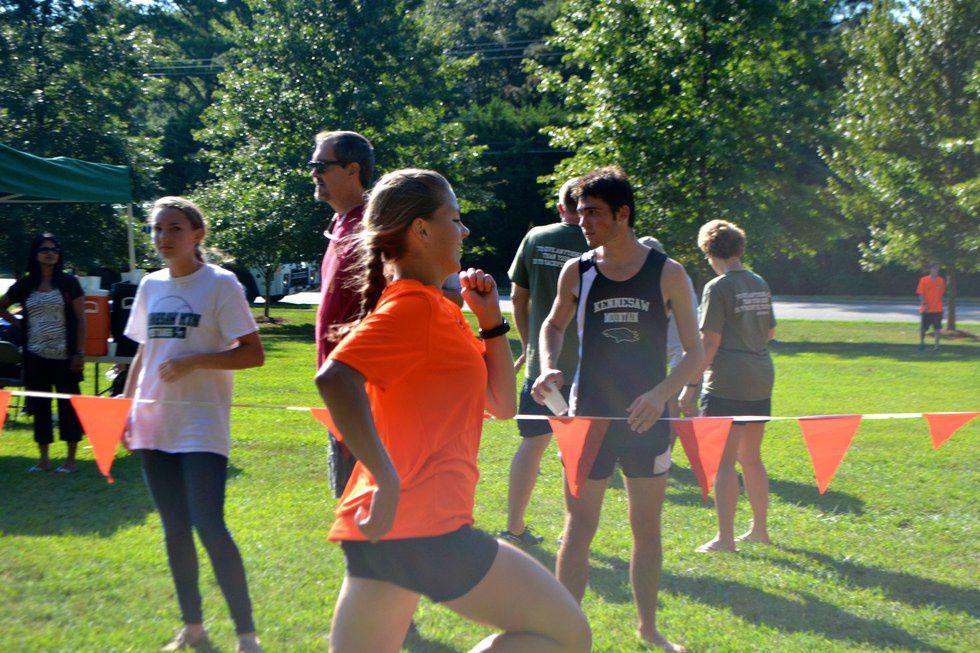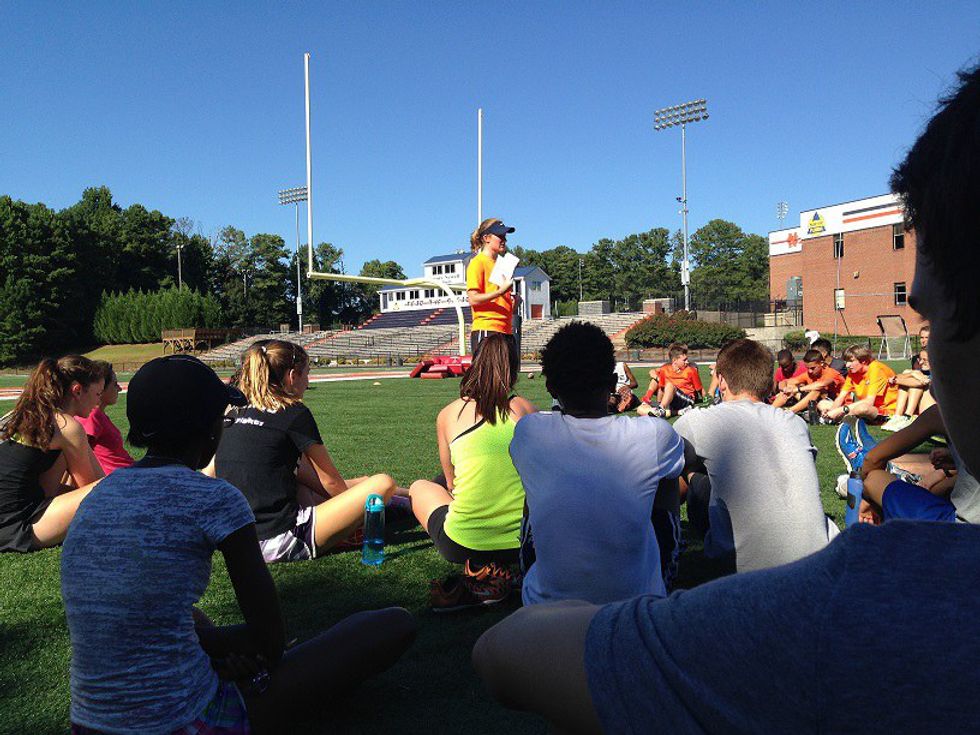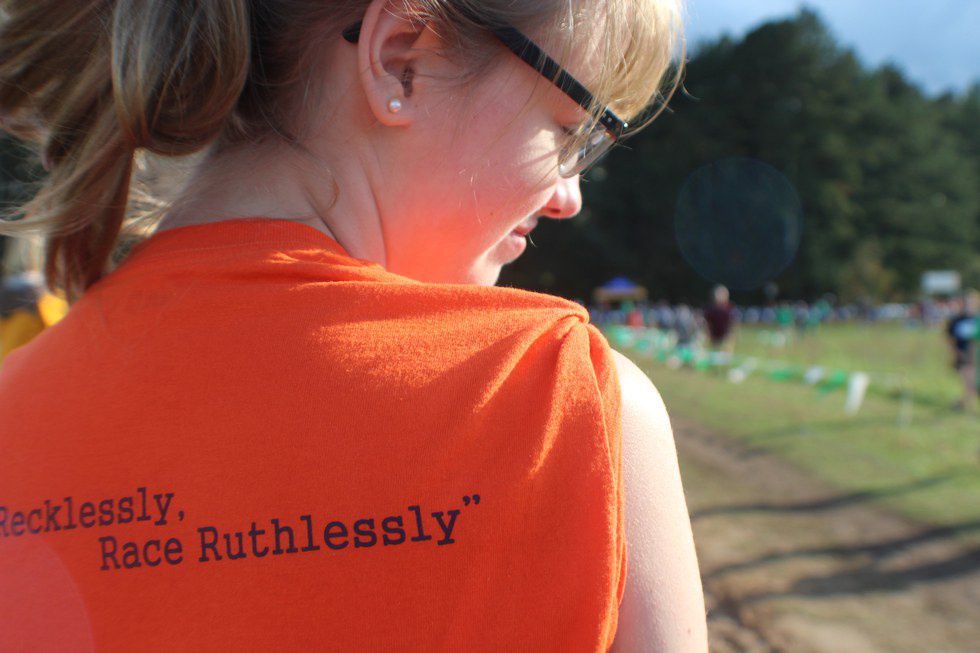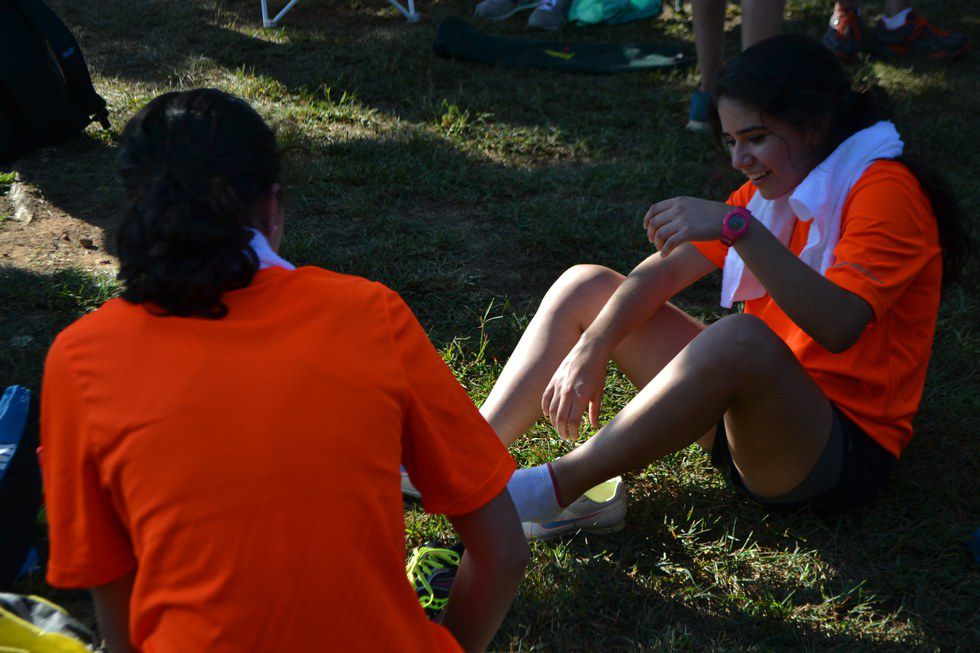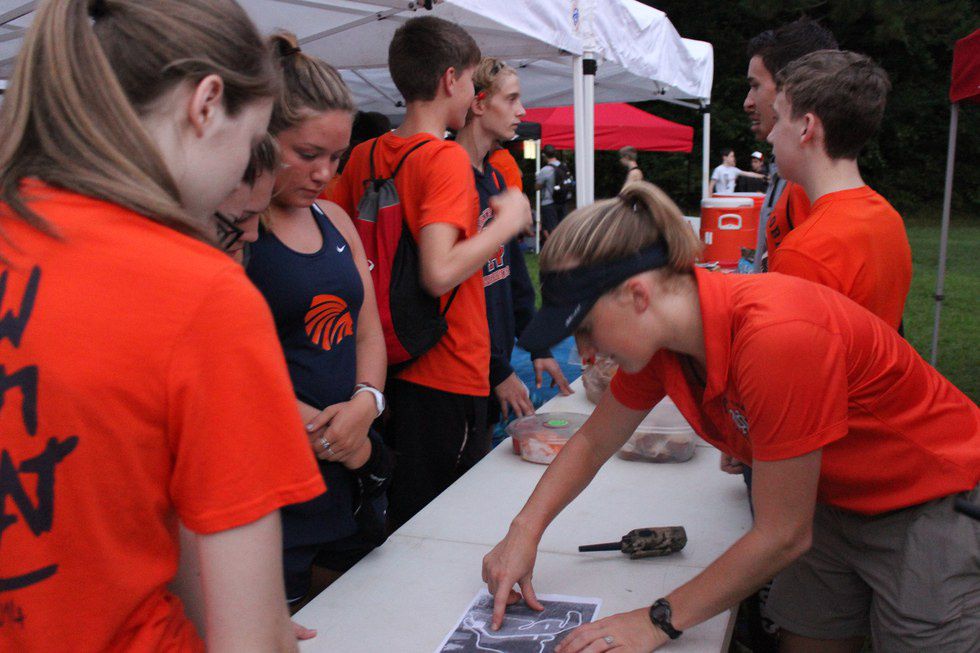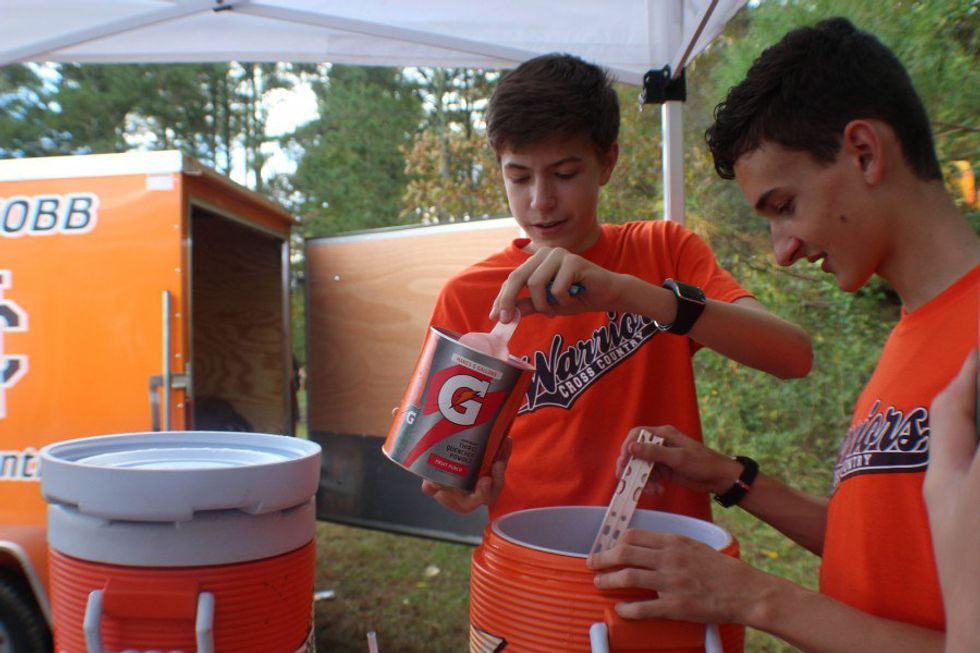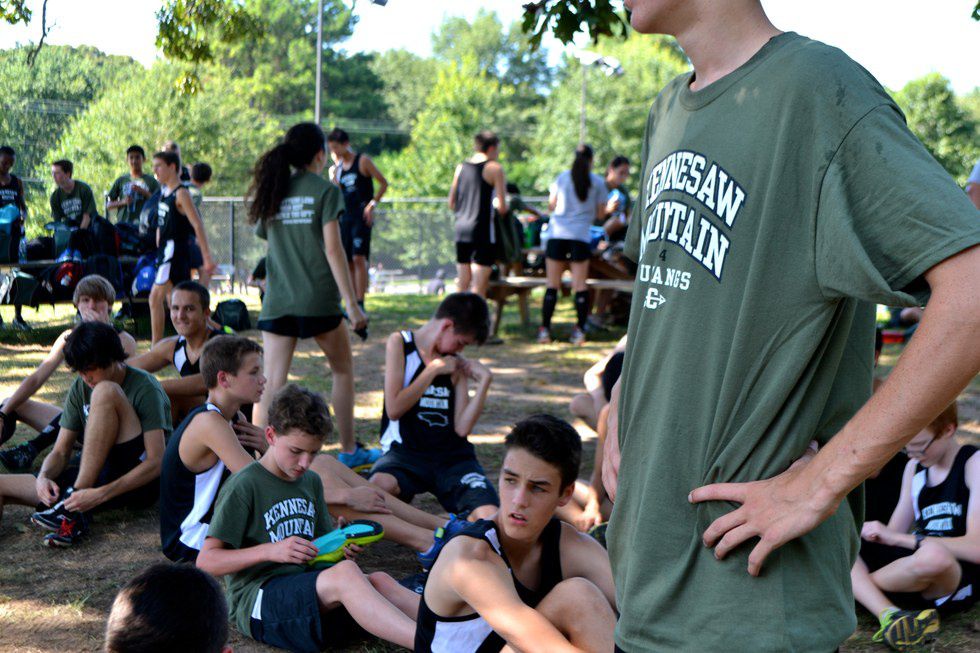For the first three months of the school year, I wake up at five a.m. every Saturday. My morning routine consists of a rushed frenzy of dressing in a uniform and the most weather-resistant clothes I can find, printing out rosters and timing sheets, wolfing down a granola bar, and racing the sunrise to my school.
When I joined the Cross Country team in my freshman year, I did not realize it would mean sacrificing so much. Furthermore, when I became a manager halfway through my sophomore year due to injury, the extra responsibilities I acquired made me realize what I had truly gained.
Beyond running a 5K every weekend, Cross Country means...
1. Devoting the summer to training
The Cross Country season begins in August, but training starts the second or third week of summer. To churn out the best runners by the State championship in mid-November, students must commit to running over their beloved summer break. Standard training calls for running five times a week, often at optional team practices.
While sleeping in until noon every day sounds like an ideal summer, dedicated runners only live the fantasy on their off-days.
2. Commitment to running during the school year
School often hold Cross Country every weekday, rain or shine. Committing oneself to this sport requires more practice time than almost any other. The most advanced may also participate in morning runs in addition to their afternoon practice.
Runners also sacrifice nearly every Saturday in September and October to races. Whether 5Ks in high school or 10Ks in college, races require the runner to wake up early and spend at least six hours outside. With an average of six races for each competition (broken down by gender and skill level), team members fully devote themselves to a day on the green.
3. Managers committed to an efficient team
While runners train, someone must pull off the secretarial wonders that go unnoticed. Managers arrive first to practice, armed with a roster of names and pens galore for taking attendance. After the workout starts, managers spend their time testing the air for humidity with a wet bulb, cleaning out coolers, wiping down race equipment like tents or tables, repacking the team's trailer, taking inventory of uniforms and supplies, and catering to the eighty or more students on the team.
When the weekday ends, managers do not get a break either. Competition days function almost the same for managers, with added duties. After arriving at the race location, managers assist in preparing race numbers, pins, tags for shoes, and food.
Managers then station themselves at certain mile markers and record mile times for each team member. This requires frantic rushing to identify as many team members as possible while writing down times for each. Managers pull off this feat for every race, then dive headfirst into breaking down the tents and packing up the trailer.
4. Getting dirty/sweaty/stung/hurt
Running in a trail-like environment never fails to cause trouble for team members.
Rain during a run or the night before guarantees mud-covered legs. The heat beats down constantly, especially through summer training, and hard workouts mean every day ends up sweaty.
Furthermore, other creatures inhabit the trails, including mosquitoes, bees, wasps, and plants ripe for tripping over. Coming home with a hurt ankle or a swath of mosquito bites occurs often.
5. Long bus rides filled with sleeping and other shenanigans
Before a race, the bus ride to a location takes place at six a.m.. Everyone naps in unison on the ride, trying to save energy for the feat ahead.
In stark contrast, the bus ride home pumps team members up. After a successful race, exhausted runners joke around and participate in rounds of karaoke with their teammates. Even after a disappointing race, the ambience of an entire group of friends piled into a bus leads the team to end up rapping all of the words to Nicki Minaj's "Superbass" after only a short while.
On races extending past lunch time, team tradition dictates stopping at a fast food restaurant on the way home. Seeing the poor worker's reactions when 80 high school students covered in mud and sweat raid their restaurant certainly makes an impact, and noshing on delicious carbs with friends helps ameliorate after-race pain.
6. Setting up a mini-campsite at every race
Before any runner can get comfortable and stretch before a race, they need a headquarters. From hauling equipment to the perfect site to setting up tarps, tents, and tables, every team member pitches in (and adds a complaint of their own).
7. Homemade muffins and sandy gatorade
If lucky enough to have a few caring mothers or a team member with a passion for baking, then homemade muffins pop up at every competition. Other popular snacks include granola bars, bananas, grapes, and huge containers of animal crackers.
Team managers may also whip up a batch of powder gatorade that everyone pretends to hate but secretly likes. Either way, runners have their choice of nourishment.
8. Anticipation
On race day, runners cannot all compete at the same time. If assigned to the last race of the day, waiting to compete leads to major anticipation. Everyone wishes for the first slot even if it means an early morning run.
9. Frantically trying to figure out where the mile markers are

For a manager, courses can turn into disasters when finding the first and second miles becomes a scavenger hunt. Some courses provide maps, but others leave managers hoping they can get to the mile marker fast enough.
10. Always having a watch
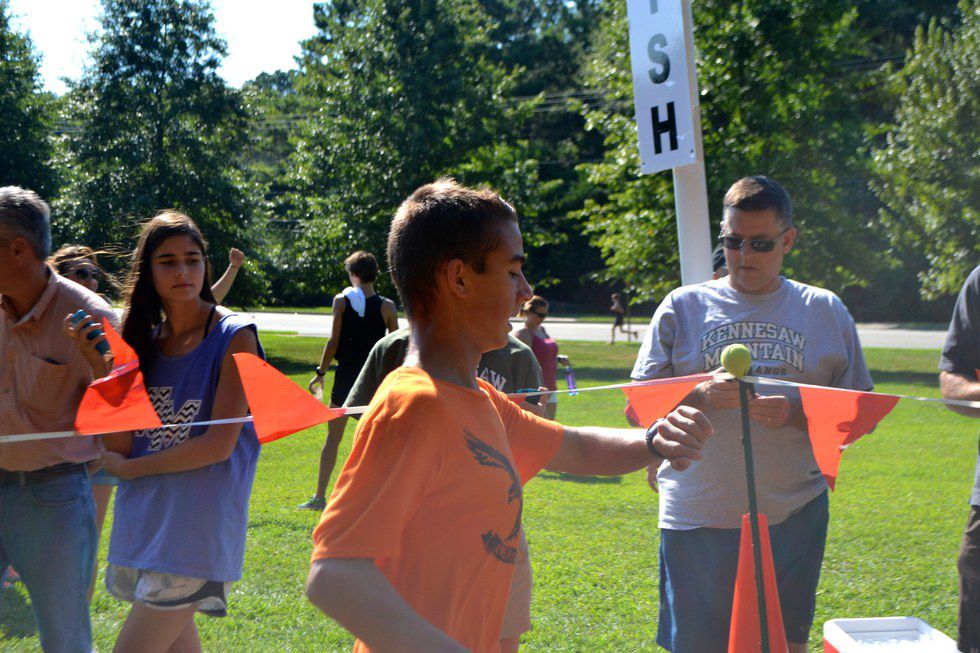
The first two weeks of practice condition the newbies to always bring two things: a water bottle and a watch. Without a watch, runners cannot train efficiently or participate in timed workouts. Once runners learn this lesson, they feel lost without their watches, even when not training.
11. Exploring the local area through trails
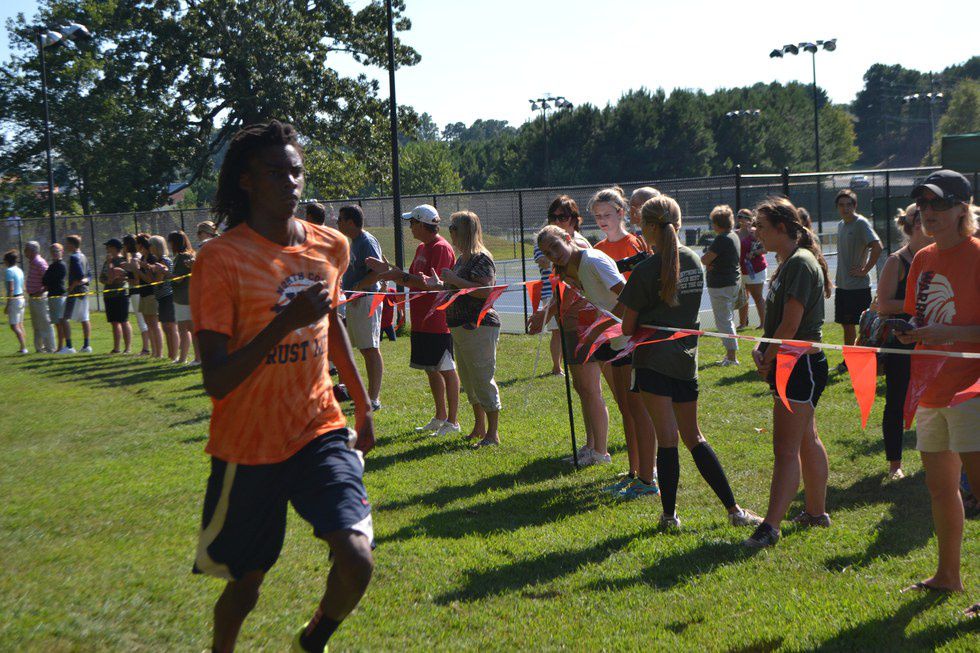
Running the same route every day gets boring. To keep things interesting, runners find new places to train, from local parks to hidden trails. Each path provides a new look at the local area and creates a connection with each runner.
12. Creating traditions
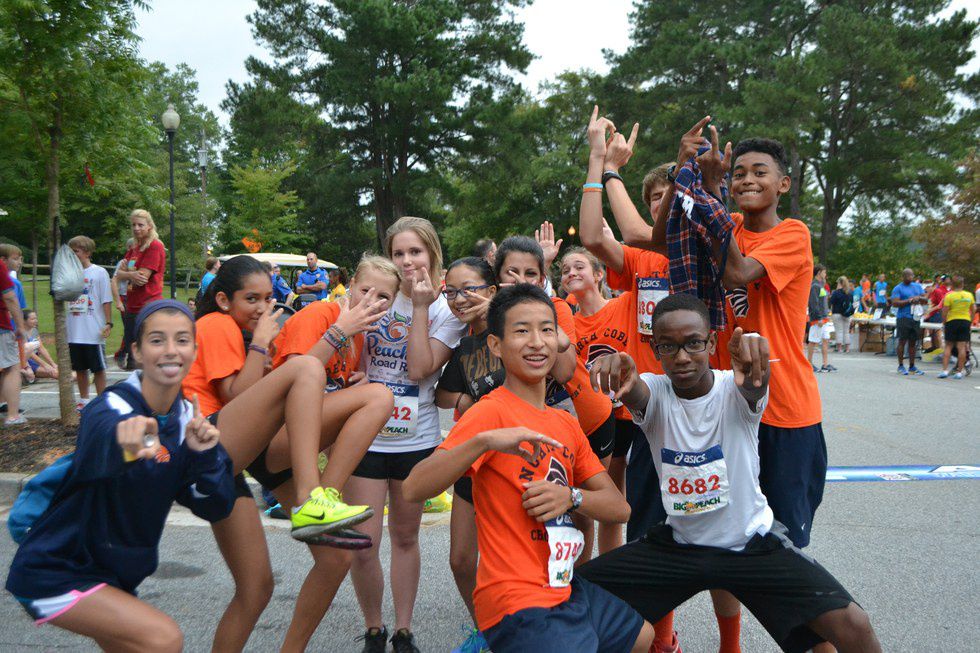
Having a team dinner before the regionals race, giving out awards at the end of the season, crinkling each others' numbers before a race for good luck, getting together for a pumpkin carving party around Halloween, and holding a team-sponsored 5K all serve as team traditions. These acts bring teams closer together and incentivize good work.
13. Pushing oneself to the limit
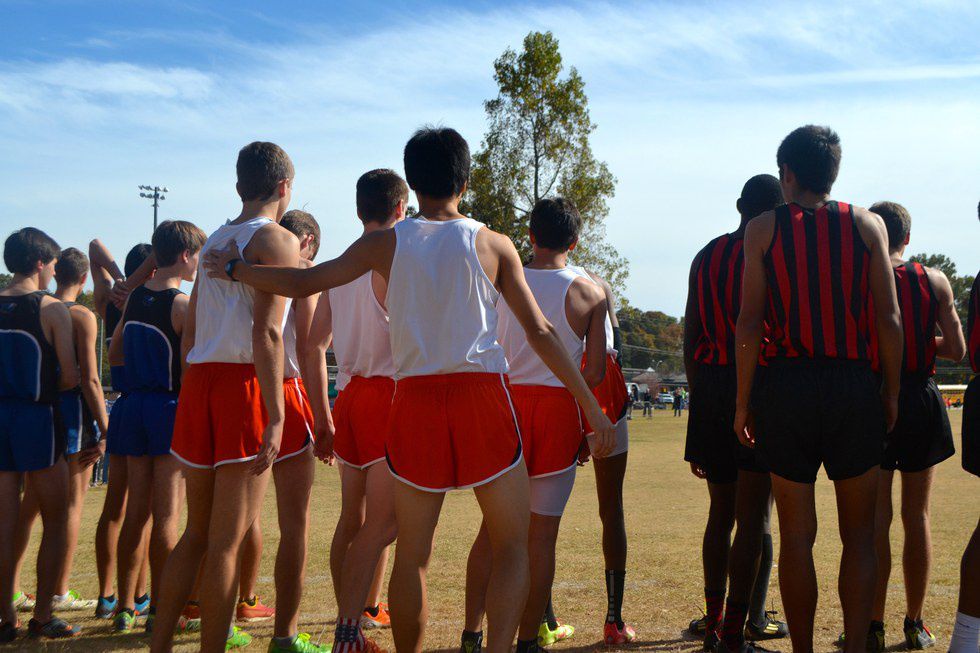
"Cross country is a mental sport." "Our sport is your sport's punishment." "Why would anyone ever want to run competitively?"
Pushing oneself to run for extended periods of time requires a lot of effort. Still, the effort put in improves the runner's physical and mental health. Every practice and every race requires runners to beat their personal bests, and the mentality of competition allows them to take on any task.
14. Being a part of a family
Training constantly, running together, and spending every Saturday morning with a group of at least fifty other people tends to create very strong bonds between the team. Not only do they represent their school, which provides a sense of unity, but they represent themselves as athletes.
Cross Country means having a group of people willing to push their members to achieve their best. It means being a constant cheerleader for every team member during a race. It means exchanging a friendly "keep it up" during the season runs. It means managers knowing every team member’s name and being able to comment on their success. It means coaches who care about their team members’ health and wellbeing and will push them to their potential.
No one ever said training to run competitively would be easy, but they also forgot to mention the never-ending support, laughs, tears, and joy that running can bring. Cross Country means more than just "those crazy students who run every day." It represents a place to become a family, push oneself to the limit, and discover a new perspective to take on the world.




